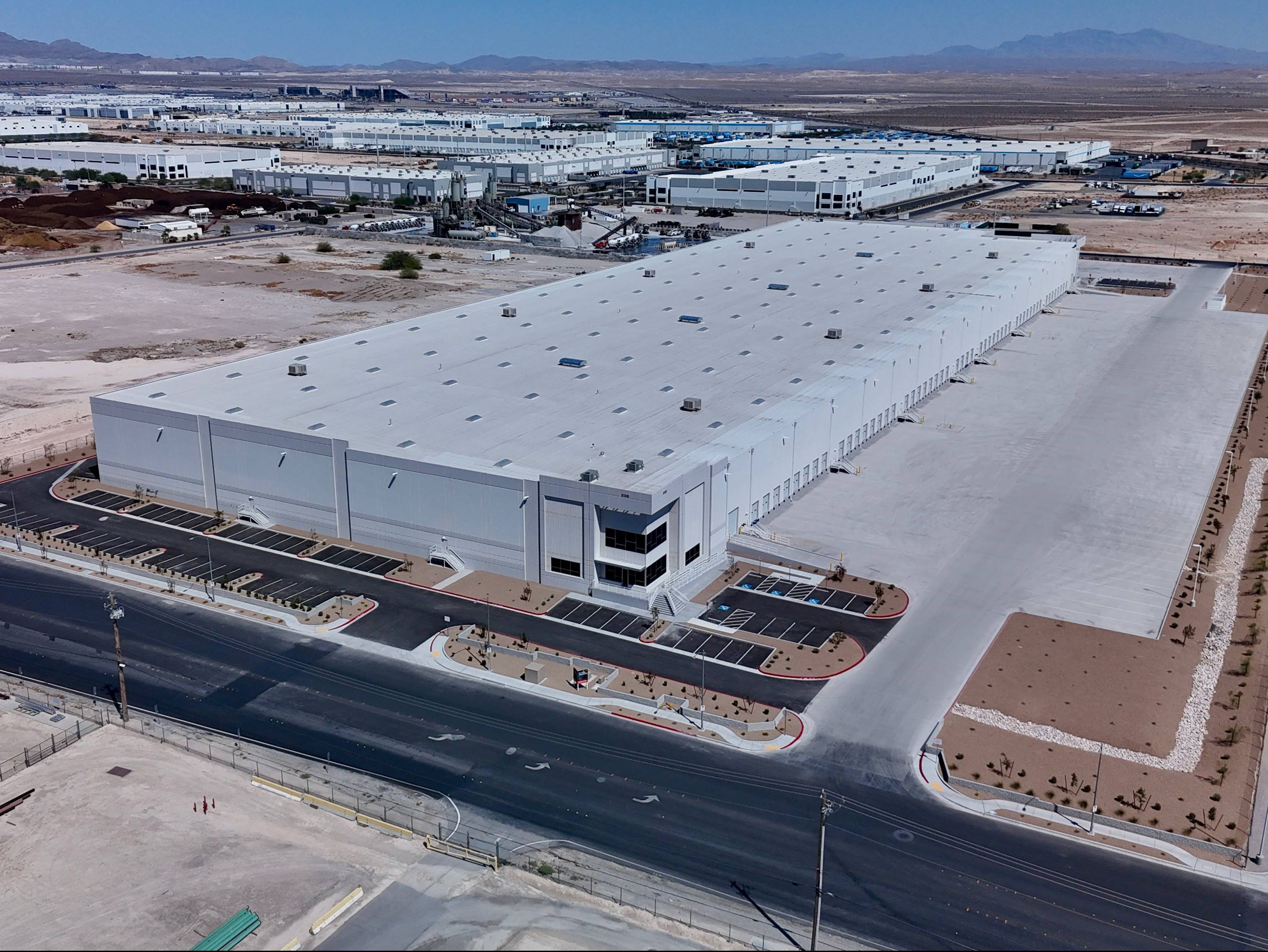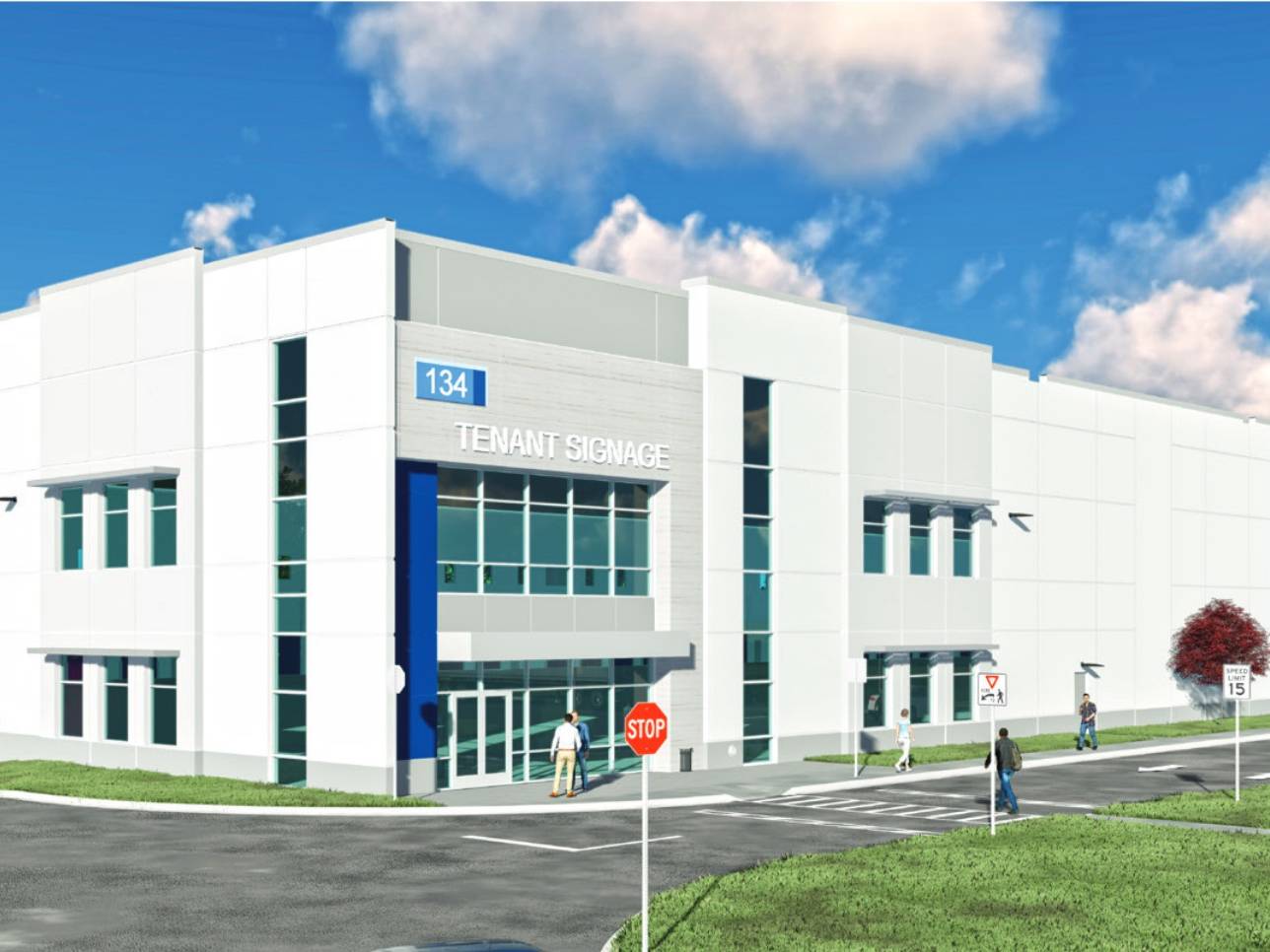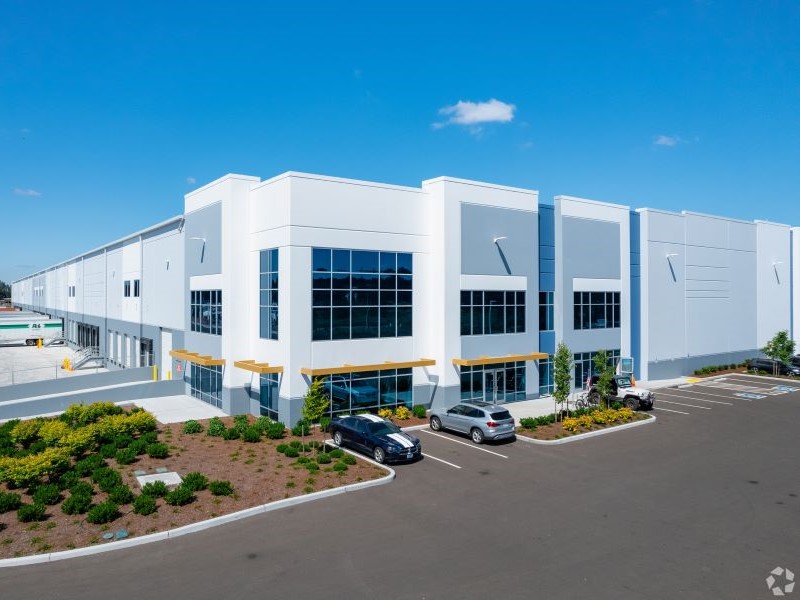Blockchain in Real Estate: What’s Next in Tech Innovation?
The 'Why, How, What' of this emerging technology in the commercial real estate industry, now and beyond pandemic times.
Blockchain has been around for a little more than a decade, but the benefits of this digital method for moving around valuables are still unknown to many commercial real estate executives.
However, Blockchain and real estate have been regularly used in the same sentence during the past several years, and experts predict Blockchain and cryptocurrencies will continue to impact the real estate industry in the years ahead.
In their book “Blockchain Revolution,” Don and Alex Tapscott call Blockchain “a distributed trust network that the internet never had but always wanted.” And Blockchain experts say it can make commercial real estate investing more transparent, more efficient and more accessible.
What is blockchain?
Blockchain is basically a distributed ledger, validated and stored across all the computers that maintain it—these number thousands or millions. Due to its decentralized nature, the ledger is not managed or owned by an individual or some company, which makes its data immutable and unable to be corrupted. In other words, this database provides perfect transparency—a critical feature in any transaction.
In order to perform transactions, one needs to have a wallet. A Blockchain wallet is a program that allows one to spend cryptocurrencies like Bitcoin, Ethereum and more. These wallets are secured by cryptographic methods.
There are several established Blockchain technology platforms—such as IBM Blockchain, R3 Corda and Hyperledger—and the Foundation for International Blockchain and Real Estate Expertise was established in Amsterdam in 2018 to be a knowledge exchange for the technology. Moreover, the University of California Berkeley has a Blockchain program—Blockchain at Berkeley—where those interested can earn certificates such as Certified Blockchain Technology Professional or Certified Bitcoin and Cryptocurrencies Professional.
How is blockchain used in real estate?
Blockchain technology in real estate translates into a streamlined transaction that removes intermediaries and the affiliated costs—brokerage fees, lender charges, closing costs, appraisals, inspections and legal fees, etc. As Mountain Life Cos. President Garratt Hasenstab puts it, each of these distinct parties are not only involved in the transaction, but they also take their share when they close a deal. Additionally, through Blockchain technology, the transaction speed—which has always been one of the biggest pain points in the real estate industry—can be improved, he added.
The Blockchain deal is done via a smart contract, which acts as broker-lawyer-arbiter, with each of these processes built into the code of the contract. Each phase in a transaction is a block, each new block is added to the previous one to form a chain.
“With each step in the transaction process, the smart contract linked to that deal process progresses and transfers responsibilities to the next party,” Hasenstab, who is a certified Blockchain expert and certified smart contract developer, further explained. “If the first step is for the buyer to provide and offer an earnest money deposit, once this documentation has been uploaded to the smart contract Blockchain platform, the smart contract will automatically notify the seller and move on to the next step of the transaction process seamlessly and transparently.”
Blockchain in real estate allows for fractionalization or the division of owner equity into pieces that can be bought individually—something referred to as tokenization or the democratization of an asset. This is a major benefit, especially for smaller investors, who can access an asset that was previously unreachable due to elevated costs.
READ ALSO: High-Tech, High-Powered Changes
Even though it’s still an emergent technology, the number of Blockchain-based businesses is rising. Some are built as a commercial real estate marketplace with Blockchain as their underlying tech, while others are designed as a Blockchain platform focused on real estate asset tokenization and investment. Regardless of the platform, Hasenstab and Revathi Greenwood, Americas Head of Research at Cushman & Wakefield, both agree that prior to any investment one must complete their due diligence and get to know the company and its management company.
Edward Nwokedi, CEO of RedSwan CRE, decided to launch his company because the commercial real estate property owners and investors were “crying for an answer” to several problems—including liquidity and access to the best projects—and tokenization provided a novel solution.
“The risk level for investing $5 million to $20 million of equity at a 4.5 percent cap rate is a threshold few are willing to explore,” Nwokedi said.

Revathi Greenwood, Americas Head of Research, Cushman & Wakefield. Image courtesy of Cushman & Wakefield
According to Greenwood, when choosing a Blockchain in commercial real estate, four main criteria should always be on the radar: security, flexibility, scalability and cost.
“Since this is a new technology, it should be flexible enough to operate with multiple frameworks,” said Greenwood. “At the same time, security measures are critical to verify identities and network transactions. The costs should be transparent not long-term, and on a pay-as-you-go basis, so that users have flexibility.”
About safety
Being a decentralized system with no single party in control, the Blockchain technology is built to be secure―even administrators do not have the ability to change the information recorded in each chain.
“Records are secured in blocks through cryptography and linked. Therefore, tampering with one record would mean having to change an entire series or chain of data blocks,” noted Greenwood.
Nevertheless, hackers will continue to attempt to infiltrate a Blockchain platform, Greenwood said, so the Blockchain industry must increase security protocols, adopting multiple authentication techniques, similar to those applied by the banking industry.
Hasenstab believes that the Blockchain technology represents the future of security, transparency and immutability for investments of all kinds, including real-world, physical assets such as real estate.
“Since tokenized assets are regulated as securities, there are additional measures that are already in place across global financial markets, many of which date back to the protections that buyers and sellers have enjoyed—one could argue, just as they have for over 400 years—since the establishment of the Dutch East India Co. in 1611,” Hasenstab stated.
Potential impact on dealmaking
The real estate industry is one of the most illiquid asset classes due to the length of time needed to cash out on a property investment. With Blockchain, the owner of a property in need of funds can choose to tokenize one of their assets through the use of a security token offering and sell a percentage of their equity, using the funds to acquire another asset. This process would keep them as the majority owner and the investors who have jointly purchased the equity stake also become owners with a specific set of rights, including dividends, voting privileges, equity appreciation and tradability.
“Once a property is tokenized on the Blockchain, its equity shares function just like shares of blue-chip stocks, tradable on global markets,” said Hasenstab. “Gone are the days where you must wait to sell the property to get your investment back or wait out a lock-up period on your investment with a REIT. Now, you can purchase shares of Class A commercial properties around the world, benefit from management, dividends and appreciation, and sell the shares on your own time frame to other eager buyers around the world.”
Nwokedi agreed that the best deals go to institutions, not private investors, which is “unfair” to the approximately $4 trillion-market of private investors globally.
“They have been pushed into the older, more high-risk opportunities to struggle with, while institutional capital has the luxury of buying the A+ assets managed by the most respected sponsors,” he said.
Some hurdles to overcome
Insufficient knowledge about the technology is Blockchain’s biggest issue, Nwokedi believes, but this is changing. Until 2019, most real estate investors connected Blockchain only to Bitcoin. But an increasing number of companies and institutions are exploring Blockchain and accommodating cryptocurrencies.
“They can see the true value as a new form of capital market instruments, Nwokedi said. “This is hungry new capital which has created many millionaires and billionaires globally. They are looking for investments to place their newly minted fortunes.”
There are still wrinkles to iron though, cautioned Greenwood. Even though the pandemic is accelerating the adoption of many technologies that were beginning to take hold in CRE, the main concerns in the CRE industry regarding Blockchain technology are related to security, trust and privacy.
“Placing multimillion-dollar contracts and appraisals, which oftentimes require nondisclosure agreements, on a Blockchain … well, the industry is not there yet. In addition to these, the ability to scale and lack of standardization in the industry make Blockchain difficult to implement,” she admitted.
Another obstacle in the way of wider adoption of Blockchain in real estate is related to regulatory uncertainty. Yet, U.S. federal and state regulatory bodies are starting to pass Blockchain-related legislation, with bills addressing concerns around cryptographic signatures, standardization of smart contracts and record keeping.
“Blockchain-based real estate investment is not a case where the wheel needs to be reinvented,” Hasenstab noted.
Regulators such as the U.S. Securities and Exchange Commission, the Financial Industry Regulatory Authority and other securities governing authorities in jurisdictions around the world, see tokenized real estate assets offered via security token offerings as financial instruments, much like other regulated securities similar to traditional equity or stock.
COVID-19’s impact
The pandemic is likely to accelerate the decline of cash across the world as people avoid face-to-face interactions and high-touch surfaces like cash. Research by Forrester found that 1 in 5 American adults used digital payments for the first time in April this year. And digital adoption is likely to continue, according to a survey by Bain & Co. that found that 95 percent of consumers plan to use digital banking services in the future.
Moreover, cryptocurrencies have marked a remarkable recovery this year and prices are close to all-time highs. The Bloomberg Galaxy Crypto Index of digital currencies is up about 120 percent year-to-date as of November 2020, exceeding gold’s increase of almost 30 percent.
In addition, due to the pandemic-related safety measures, such as work-from-home, internet providers have increased bandwidth to allow for increased traffic. And with 5G already deployed across the country, faster internet speed will eventually be the norm, paving the way for Blockchain adoption as well.
Sweden is among the countries that are trialing the use of Blockchain and cryptocurrencies within land registries as it tests the transfer of property ownership via Blockchain. Moreover, JLL’s 2020 Global Real Estate Transparency index highlighted 31 territories where there is government engagement with the technology. The study also stated that COVID-19 could speed up Blockchain initiatives as the need for remote and faster transactions increases.
Just as Rome wasn’t built in a day, neither will Blockchain technology conquer the CRE industry overnight, but the results so far show that there is a lot of potential.










You must be logged in to post a comment.